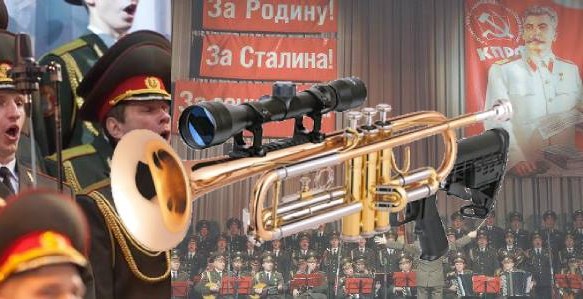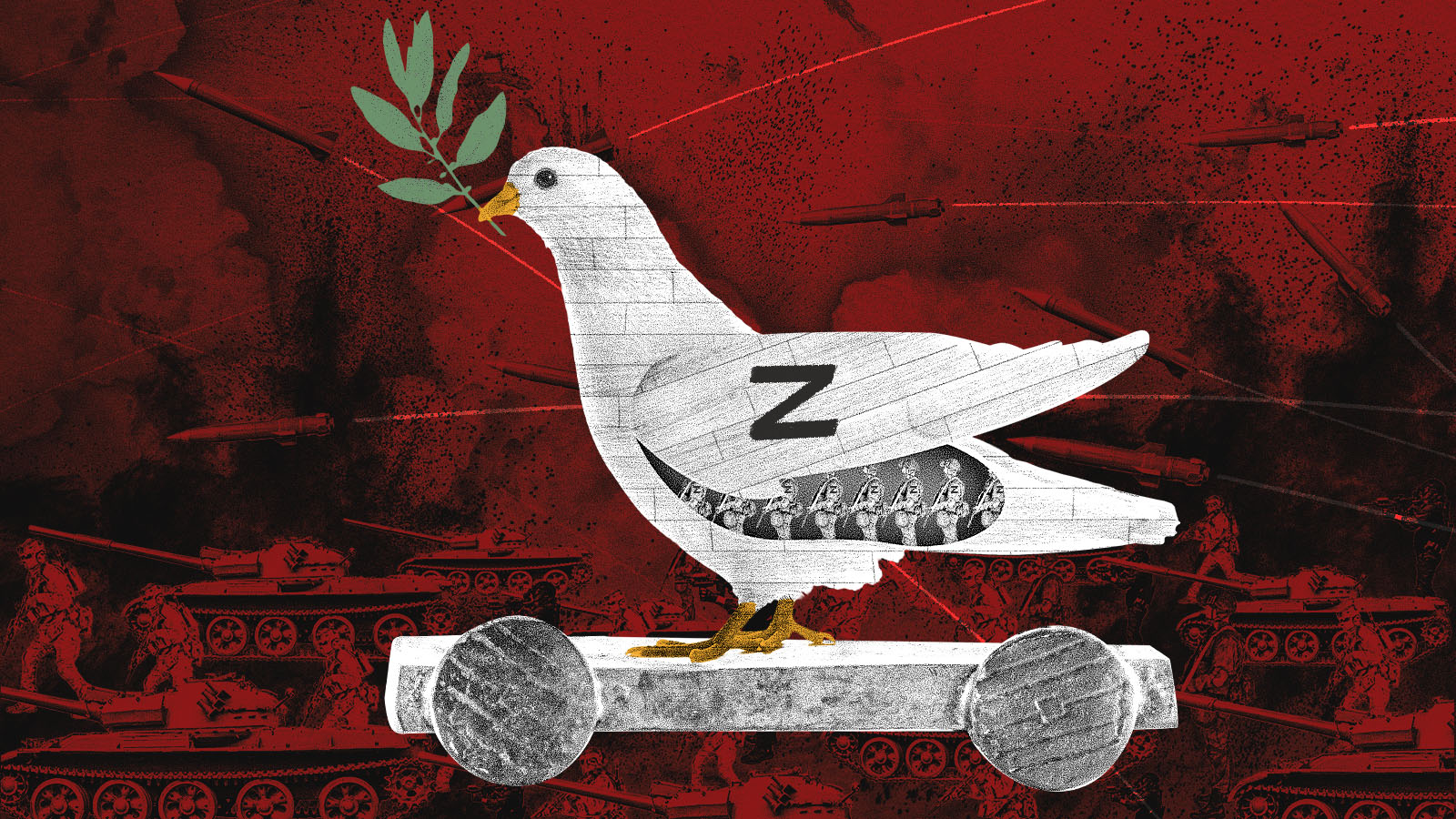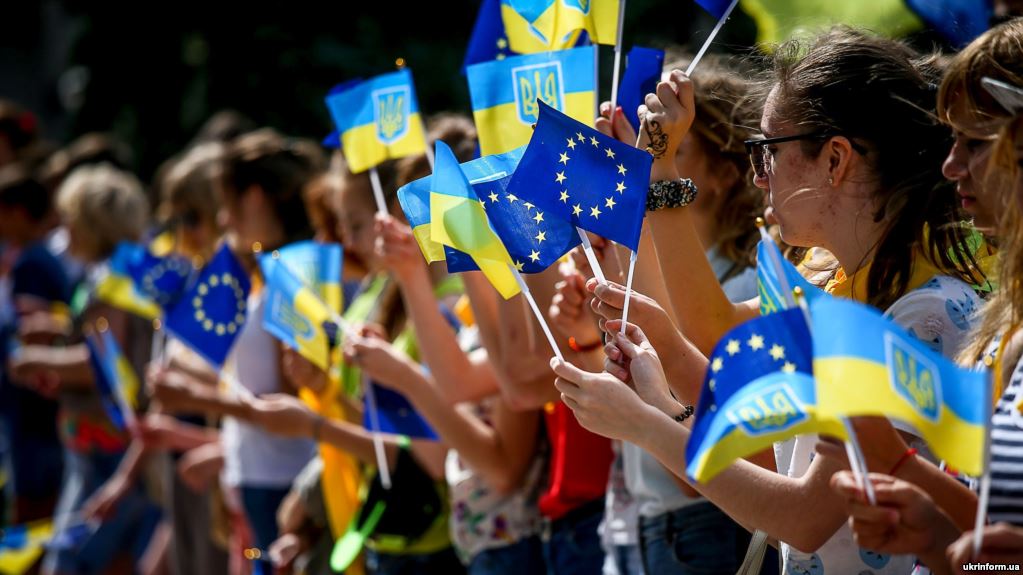Thirty years ago the political landscape on the European continent seemed stable and fixated for decades to come. The continent was divided between the free West and the Eastern Bloc, dominated by the totalitarian Soviet imperium. A new Soviet leader, elected just a year earlier, was talking of some perestroyka and a little glasnost, but most observers including myself were convinced it was a mere game of words and window-dressing.
On the Balkans, Yugoslavia was still a benign multi-national socialist dictatorship and at the same time a holiday destination for low-budget sun-seekers. The West had a concrete focus – the USSR and the military Warsaw Pact – and everything was done to keep the enemy at bay, to be ready for a possible Soviet assault and to strengthen the democratic institutions inside the free part of Europe.
Political thought was dominated by the concept that the freedom and peace, which came with the end of the Second World War, were indivisible and that pan-European institutions were needed to guarantee their continuity and defend the human rights that came with it. This concept was also the driving force of the architects of the European Union, a combination of political realism and lofty ideals. Virtually all political forces, from left to right, supported this vision, and from within the USSR they were echoed by dissident thinkers like Academician Andrei Sakharov, who in his acceptance speech for the 1975 Nobel Peace Prize wrote:
“Peace, progress, human rights – these three goals are indissolubly linked: it is impossible to achieve one of them if the others are ignored.”
That same year, 1975, the Helsinki Accords were signed, which not only confirmed the indivisibility of peace, security, and human rights, but also confirmed the existing borders in Europe and made them inviolable.
The disintegration of the USSR and the Yugoslav wars led to the disappearance of the GDR and the emergence of at least a dozen new countries in Europe, some of which never existed before as independent nations. In addition, it led to the creation of fake states (Transdniestria, the “LNR” and the “DNR”), all three the result of Moscow-supported military aggression, and a Russian occupation and annexation of Crimea, in full violation of all international agreements and conventions.
Ten new Eastern European and Balkan countries joined the European Union in an attempt to consolidate democracy and the rule of law. A number of other Balkan countries were invited to prepare for membership of the EU, particularly as an effort to prevent further wars and bloodshed in the region. The emerging picture is far more complicated than thirty years ago.
While the Baltic countries have made important strides towards full-fledged democratic societies based on the rule of law, in Central Europe we see a much more complex and rather disturbing picture. Hungary over the past years has turned into a battered democracy with a very authoritarian populist leader who has no problem discarding basic standards of democratic rule, in spite of strong protests from the EU. Also, the Czech Republic and lately even Poland are facing an upsurge of old-time politics in which right-wing conservatism goes hand in hand with post-totalitarian tendencies.
It is clear the road from a one-Party dictatorship to a well-functioning parliamentarian democratic rule is not without hurdles, and the cyclic political developments in the newly democratic countries constantly remind us of this fact. It is also the troubled pond in which Putin’s FSB with its vast number of agents and moles loves to operate and meddle. Yet by and large, the Eastern European countries support the European Union and its principles, while in the original “free world” this is by now far from a general reality.
In France, the leader of a right-wing populist party with strong anti-democratic tendencies has a real chance of becoming the next President. In The Netherlands the leader of the equally populist and xenophobic PVV (calling itself a “party” but in fact a movement led and directed by one man, Geert Wilders, who ousts any person who dares to disagree with him) has a real chance of winning the next elections and thus in principle in the position to deliver the next Prime Minister. In Denmark, the situation is not much better, and in Britain, the chances that the country will leave the European Union are pretty real.
Throughout Europe there is a “Europe-fatigue” and populist leaders make use of the anxieties and fears of the population to create the image that everything bad is, or will come, from the European Union.
And what does the EU do? Actually nothing. The public relations effort is hopelessly outdated if not totally absent. It is limited to putting up billboards that construction and developments are funded by the EU, or by making recipients of grants stick EU-stickers on the purchased equipment.
When I drive through Lithuania I see how the country changes, quite rapidly, and how crucial the funding is that is coming from the EU. Without their support, the road from a Soviet backyard to a thriving European democratic country would take much and much longer. In Lithuania, I see what impact the EU has.
But what do people see who live in Deventer or Almelo, to name some Dutch provincial cities? Nothing. They see nothing, they don’t understand, and nobody actually tries to make them understand that their lives will be better when lives are better for their fellow Lithuanian Europeans.
Yes, it is a matter of solidarity, and nowadays that seems to be a rather dirty word, but it is also pure economics: better lives for Lithuanians means, for instance, more time and money for landscaping gardens, and garden centers are sprouting with an incredible speed, and most of the produce comes from… Holland.
You can’t blame people to be narrow-minded and ignorant. But you can try to do something about that. For instance, by telling them in a more sophisticated and understandable way what their benefit is, how it will affect their lives, and that solidarity is an important issue that should be preserved and fostered.
Putin and his cronies put many millions in propaganda efforts, disseminating lies and disinformation. It would not be a bad idea to counter this with millions that not only show that Putin lies, but also that freedom is something worth defending, and that the European Union brings freedom, and does not take it away.
Related:
- West must again shift from containing Russia’s leaders to defeating them, Pastukhov says
- Putin happy to see refugee crisis unsolved
- Pocket Vocabulary of Kremlin-speak
- How France is undermining the sanctions against Russia
- Decadence of western elites threatening world peace
- “Stop Putin’s war in Ukraine” march writes open letter to leaders of European Council
- French MP says Ukraine is responsible for invasion








